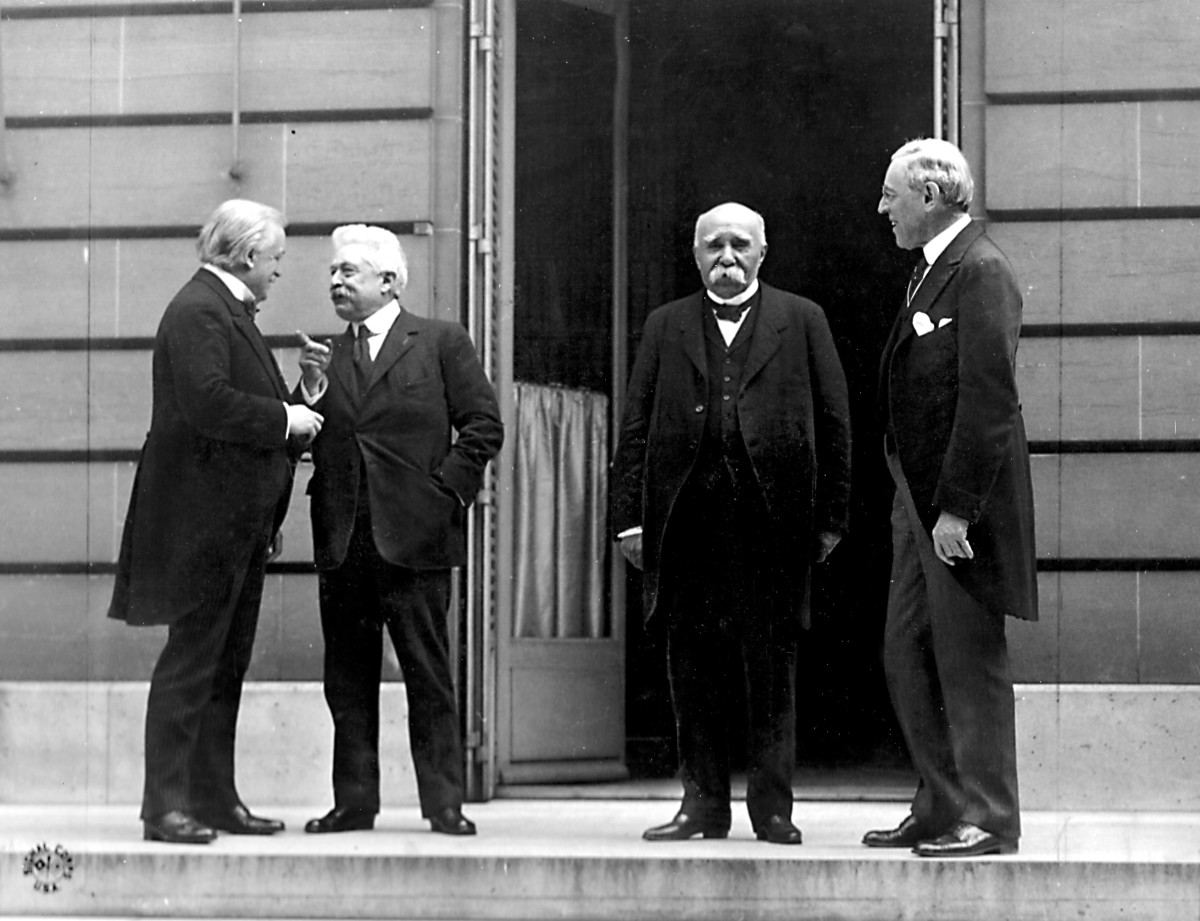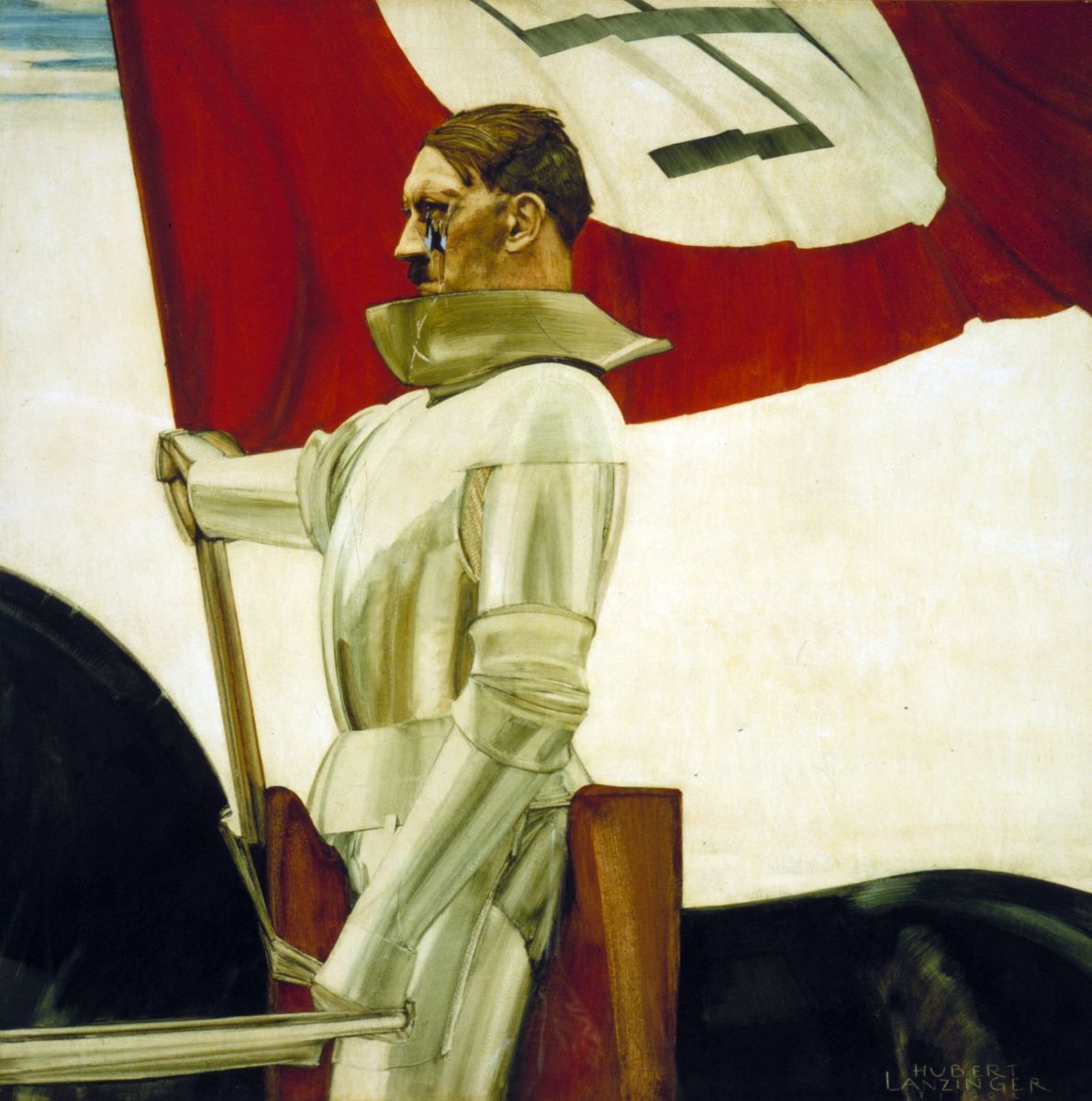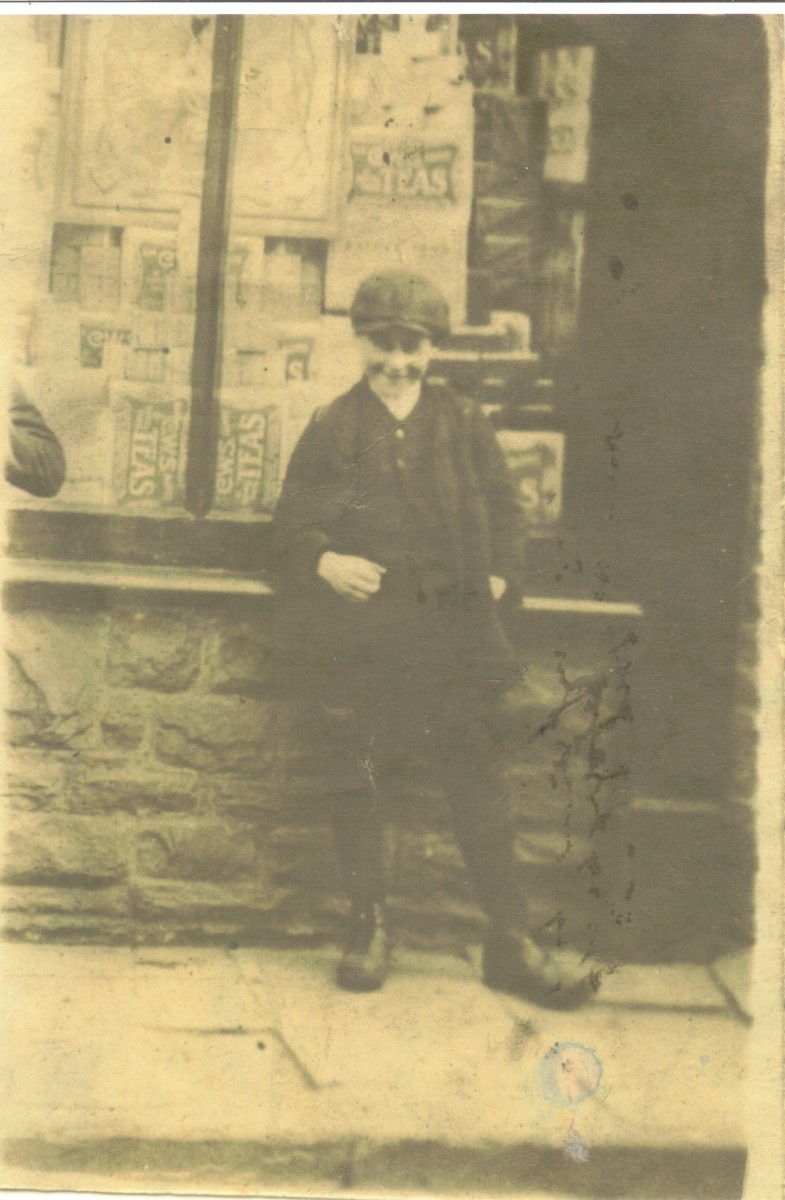- HubPages»
- Education and Science»
- History & Archaeology»
- History of the Modern Era»
- Twentieth Century History
German Politics Post-First World War
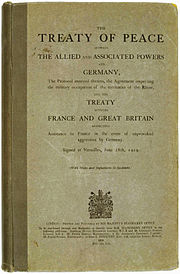
The defeat of Germany at the end of the Great War, later known as the First World War, was a great shock to its citizens. The addition of the strong American army had turned the war in favor of the Allies. Germany capitulated before suffering a total defeat to spare the country needless suffering and destruction, and also to achieve more consideration and mercy during the treaty making process. Mercy was not to be had. The Treaty of Versailles effectively decapitated Germany’s industrial resources and castrated its military. Germany was blamed for starting the First World War and the weight of the reparations crippled the already bankrupt nation. The severe conditions set forth in the Geneva Convention at the end of the First World War set the stage for the rise of Hitler’s Third Reich. The resulting political and economic policies within German government affected the attitudes of its citizens setting the stage for the destruction of the fledgling Weimar Republic even as it was born.
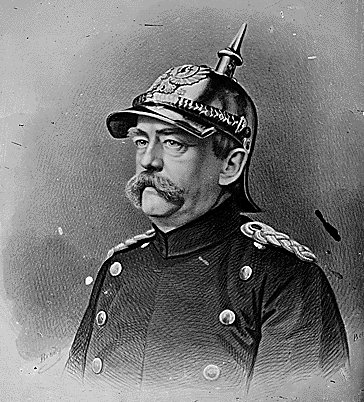
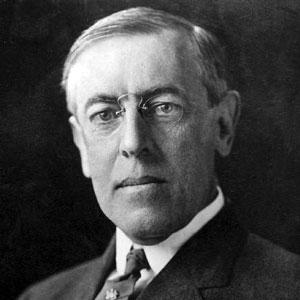
Germany was a country that had not yet had its democratic revolution. It was only recently unified under Kaiser Otto von Bismarck in 1871. Germany had both nobility and royal castes, and a very strong warrior class as well. When the armistice was called Keizer Wilhelm II abdicated and fled the country leaving the government and army leaderless. In a series of strange events the Republic of Weimar was formed. A government that had nothing to do with the war now had to deal with the tragic aftermath of the bloodiest conflict known to man. This government also had to face opposition not only from outside the country but also opposition from their own countrymen. The military class which called for Germany’s surrender and the signing of the armistice had now turned on the infant government, calling them names such as the November Criminals. During the deliberations for the Treaty of Versailles Germany had no delegates present to represent them (much to the displeasure of President Woodrow Wilson). In the end, when the demands of the treaty were presented to the German government they had only two choices; resume a war with no hope of victory or concede to all terms of the treaty. Given that resuming the war would result in the inevitable defeat of Germany in any case, the Weimar government conceded reluctantly to the terms. Large chunks of Germany were taken and seeded to the surrounding nations. Reparations in the millions were required in gold and resources on a yearly basis. The majority of the army was disbanded and what remained was limited to 100,000 men. The use of submarines and aircraft was banned and the navy was limited to 6 battleships. The German navy was forced to scuttle their beloved Dreadnoughts since the tonnage limit placed by the treaty was exceeded by them. The result of these demands had the German people in an outrage. Even those who supported the Weimar Republic held contempt and scorn for the Treaty of Versailles. Furthermore, the treaty debilitated the nation in industrial and economic terms as well. Germany lost about 13% of the territory that she possessed pre-First World War. Included in this land was the primary resource for coal production. The celebrated economist John Maynard Kaynes warned that these measures would prevent economic recovery from the war in Europe. As a result of the loss of vital resources and the bleeding of other valuable resources from the nation on a yearly basis, hyper inflation on a massive scale set in.

Almost overnight the life savings of many middle class citizens were barely enough to buy a week’s worth of food. Unemployment rose to double digests. The majority of this took place prior to the stock market crash of 1929. The Great Depression simply ratcheted up the pressure placed on the German citizens. With the German money being backed by increasing debt and a failing economy the government had little choice but to print more money, in turn causing even greater inflation. Some cities even printed their own money in hopes that it would be worth more than the national money.
As a result of all of these factors the republic was extremely unstable. Between 1913 and 1923 there were 20 administrations. A large percentage of the population distrusted and even hated the Weimar government. The men in the judicial system (many of them a holdover from the Kaiser’s government) would undermine the government or turn a blind eye to those who did so as long as they were not communists. It was for this reason that Hitler was only given 9 months in prison for his treasonous actions at the Beer Hall Putsch in 1923. The division within Germany was in the end the downfall of the entire German people. It was because of this division that the Nazis were able to gain power enough that in the end Hitler was able to be appointed Chancellor of Germany. After that all Hitler had to do was use the laws already in place to make his dream of dictatorial power come true. In the end, the conclusion of the First World War and the Treaty of Versailles sowed the seeds of destruction that allowed Adolf Hitler to take power and bring Europe to its knees.

